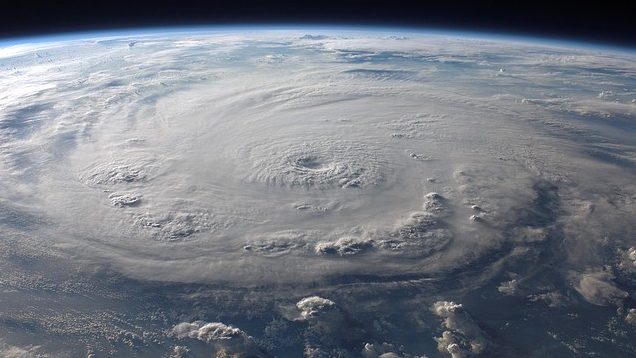Two weeks after Cyclone Gaja devastated Tamil Nadu, forty-nine-year-old Marimuthu remembers weeping as his 12-year-old son was taken away.
With no money to buy food for his family, Marimuthu was approached by an agent who promised to take his son to a nearby district, where he would be educated and able to work at a farm. In return, Marimuthu would receive Rs 10,000.
Related Campaign: Protect vulnerable children from orphanage trafficking.
“We are just daily wage labourers and with the farms destroyed by the cyclone we had no choice but to do this,” said Marimuthu.
“We have no food to eat and no house to live. There is no work also after the cyclone. We were helpless.”
The News Minute reports:
To Marimuthu, it seemed like his son was headed towards greener pastures because his other option, was to stay back with his cash-strapped family. But two weeks later, officials in Nagapattinam found that the young boy was made a bonded labourer by a farm owner in the district and was working long hours herding cattle. The promises of education were forgotten.
District officials rescued Marimuthu’s son, shifted him to a children’s home in Thanjavur district and he will soon be sent back home. But social activists and researchers who study bonded labour say this won’t be the last rescue in Tamil Nadu as a direct result of the cyclone.
Multiple studies show that in the wake of a disaster, human trafficking and modern slavery are both devastating consequences in a community made ever more vulnerable.
Reports suggest that there are several factors that make people more susceptible to traffickers in disaster affected areas. These include – loss of homes, livestock, lack of food supply and weakened state infrastructure. All these scenarios presented themselves following the recent disaster that hit Tamil Nadu’s delta region.
When Cyclone Gaja made landfall on November 16, it devastated local properties, crippling the agriculture industry that so many relied on for their livelihoods.
M Devasitham, Associate Director of Strategic Development of International Justice Mission, explained that it is when emergency aid stops that traffickers descend on areas hit by natural disasters.
“When a disaster first strikes, people send food, water and other necessities to the affected,” he said.
“It is when this stops that the trafficking aspect comes into play since people cannot afford to meet the cost of their basic needs.”







Freedom United is interested in hearing from our community and welcomes relevant, informed comments, advice, and insights that advance the conversation around our campaigns and advocacy. We value inclusivity and respect within our community. To be approved, your comments should be civil.